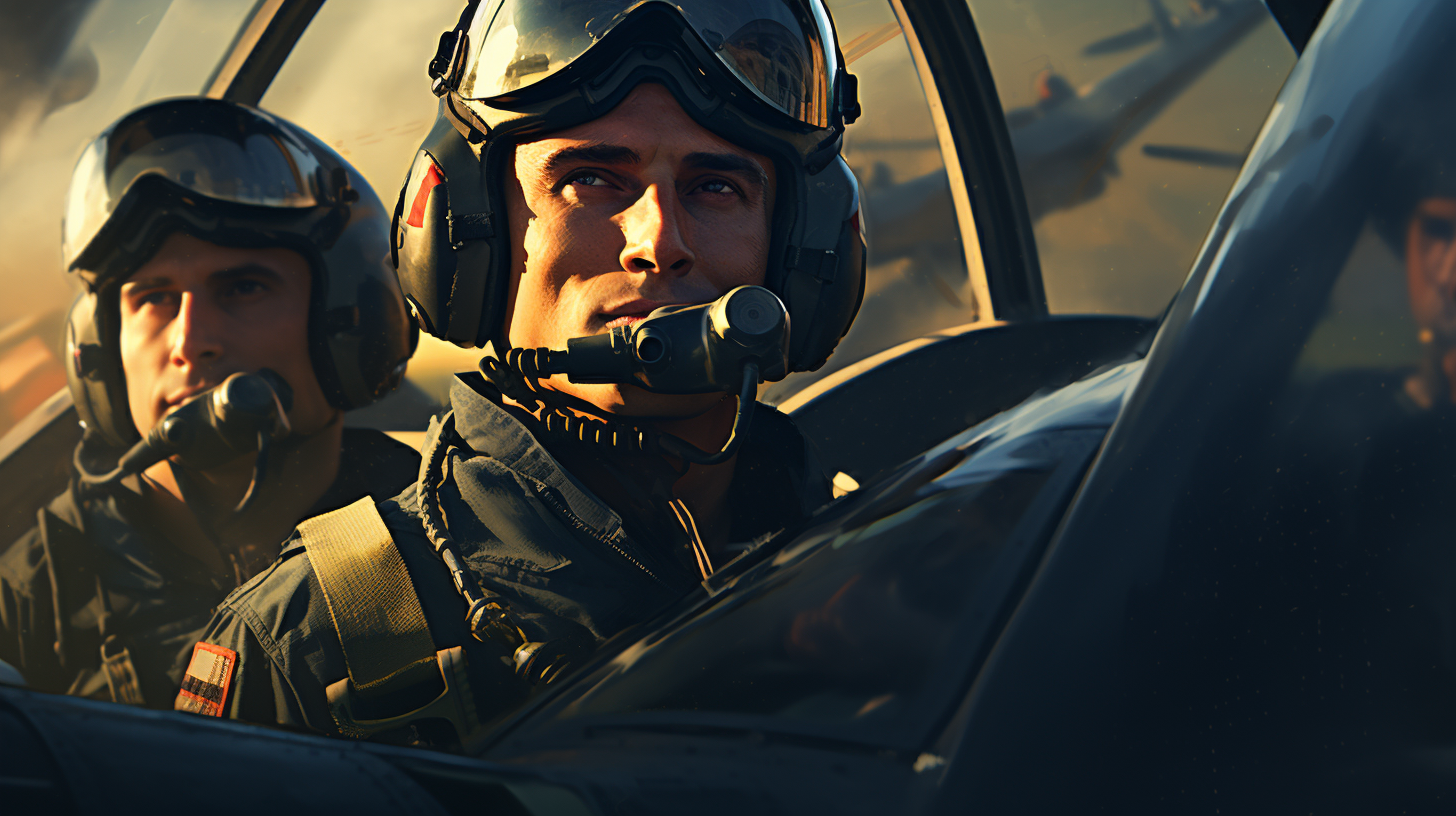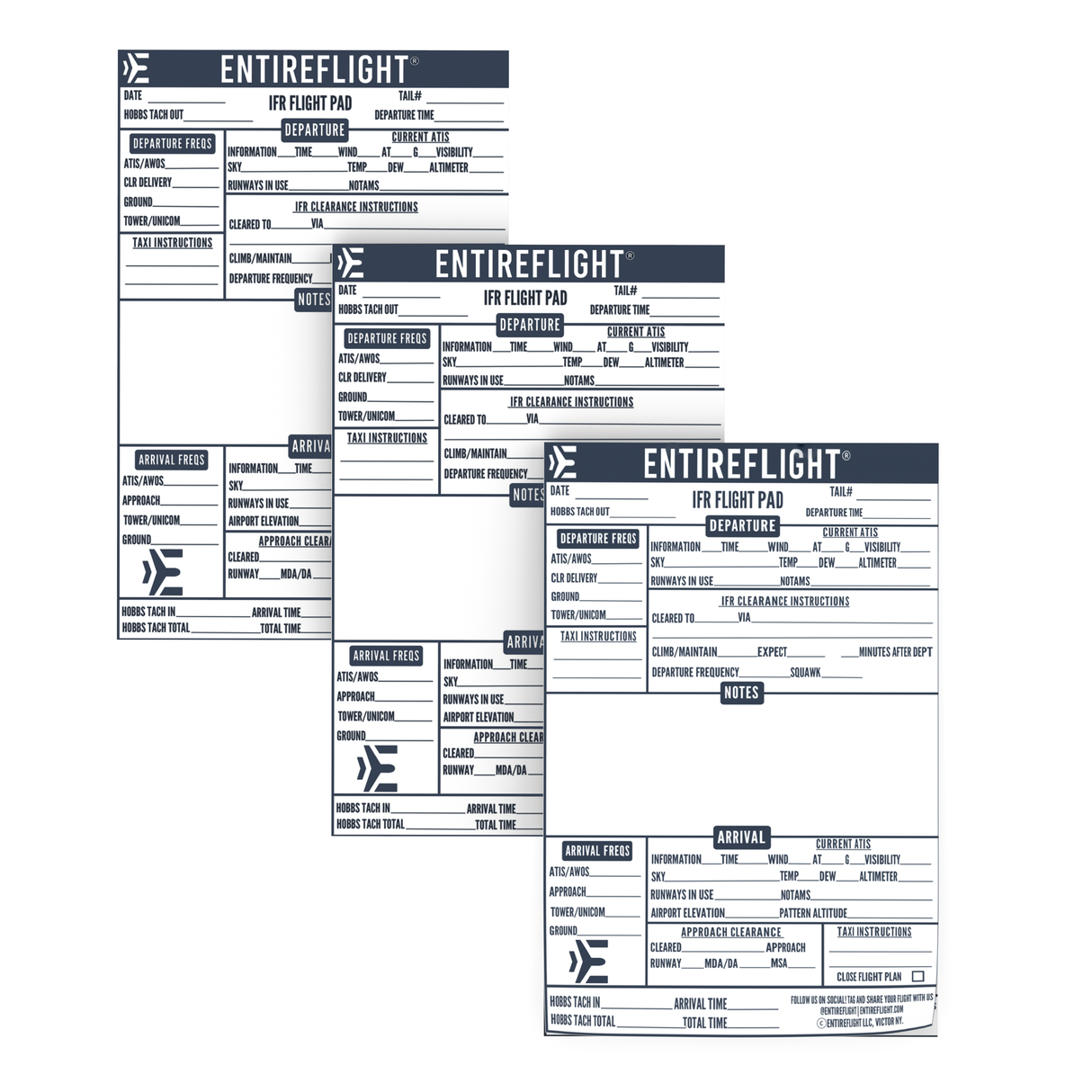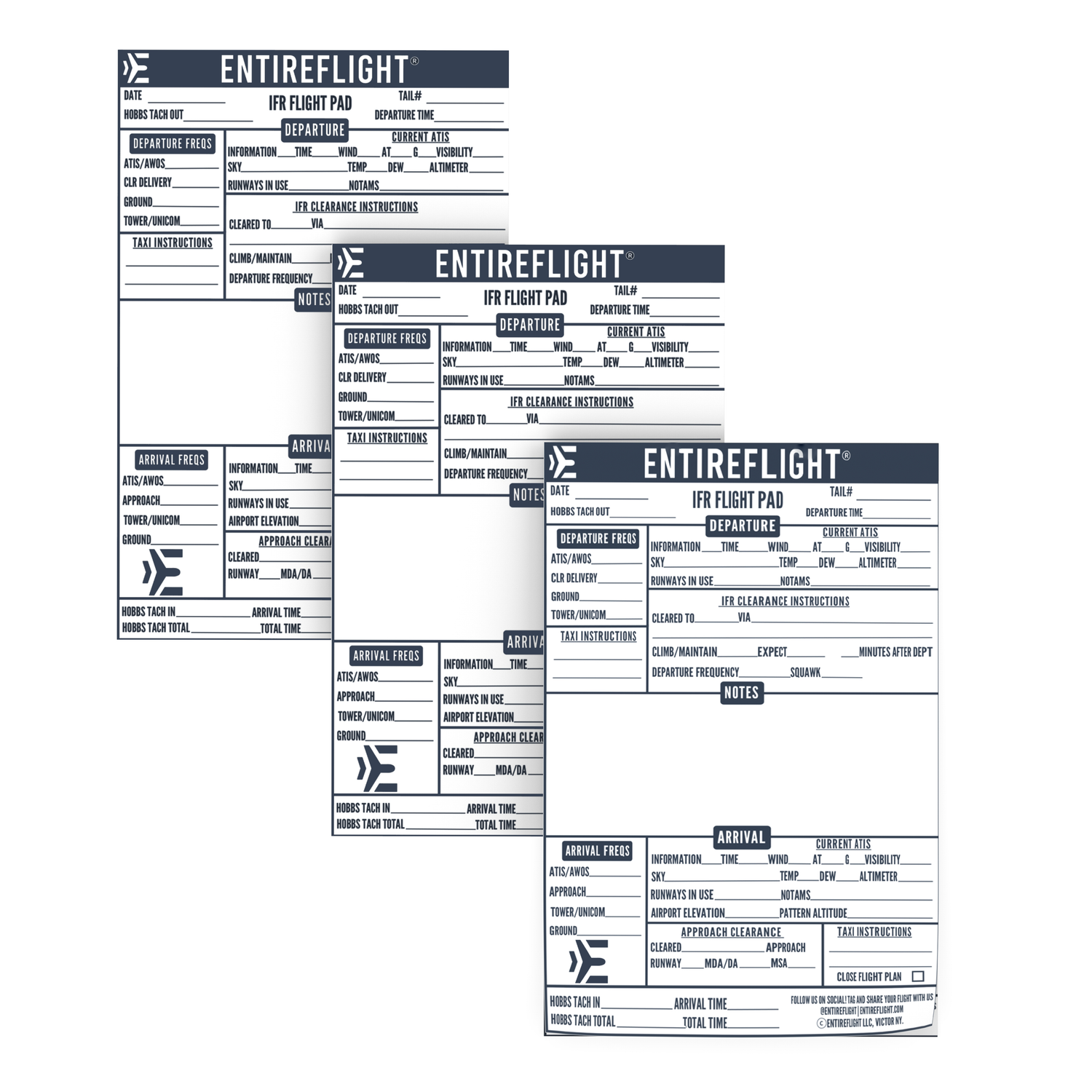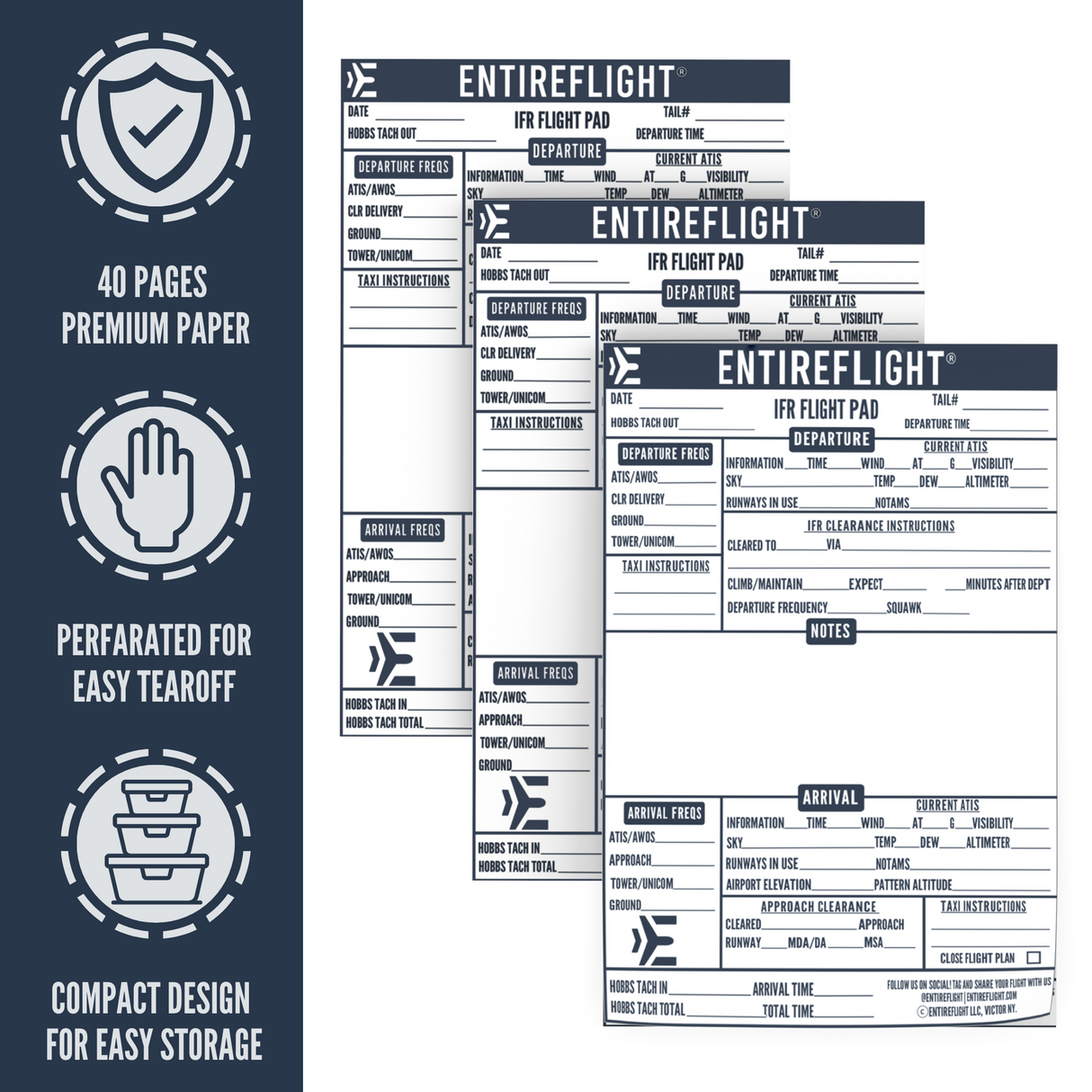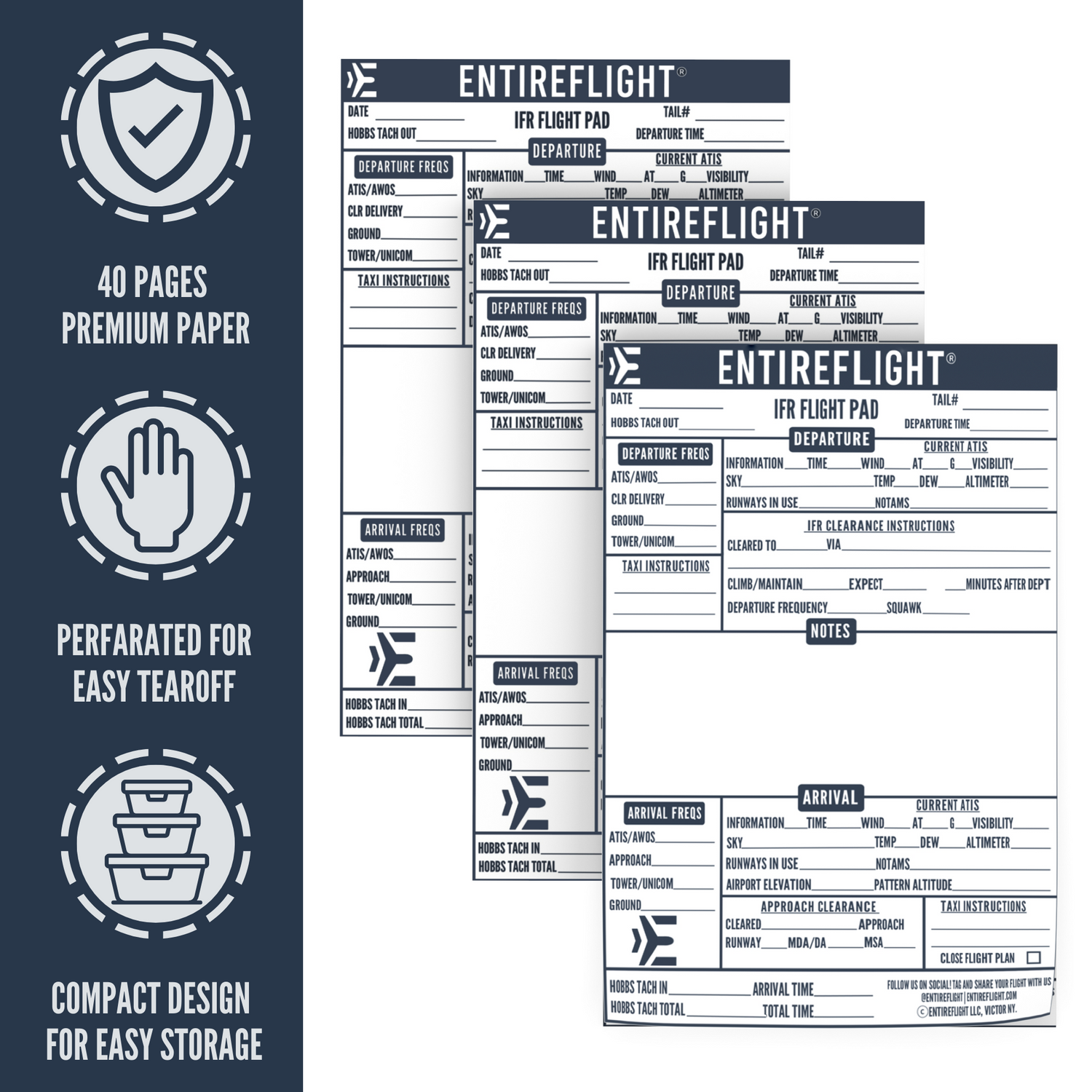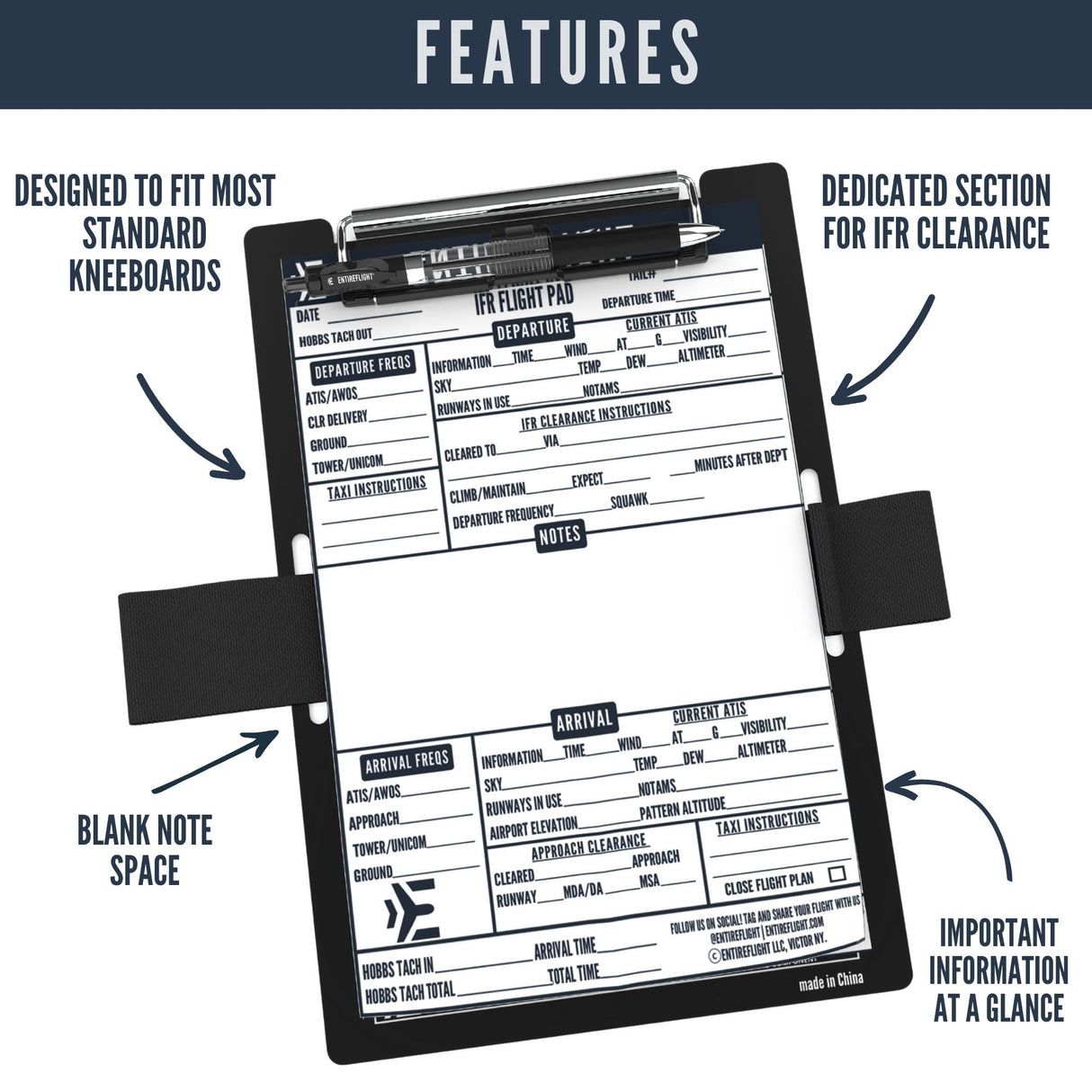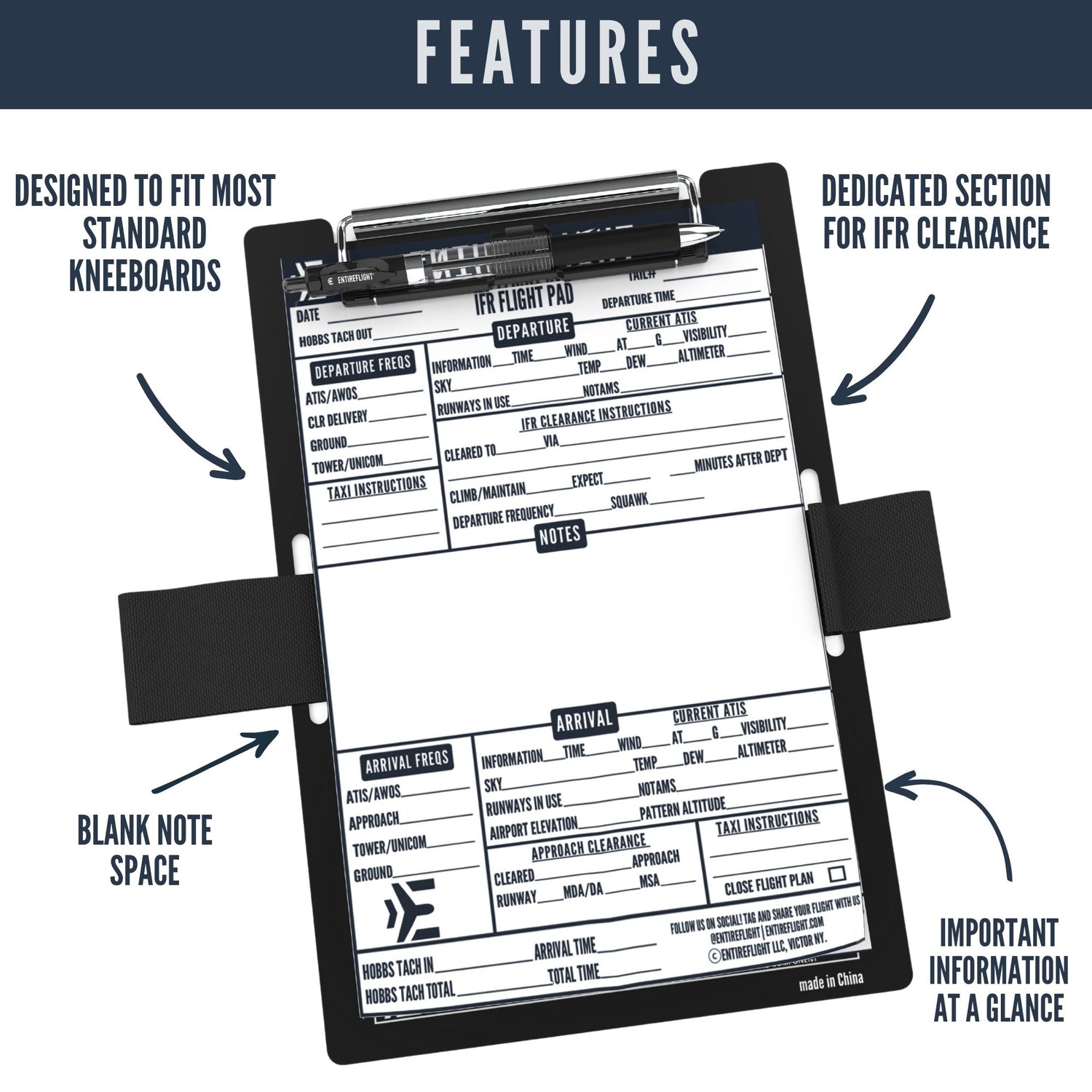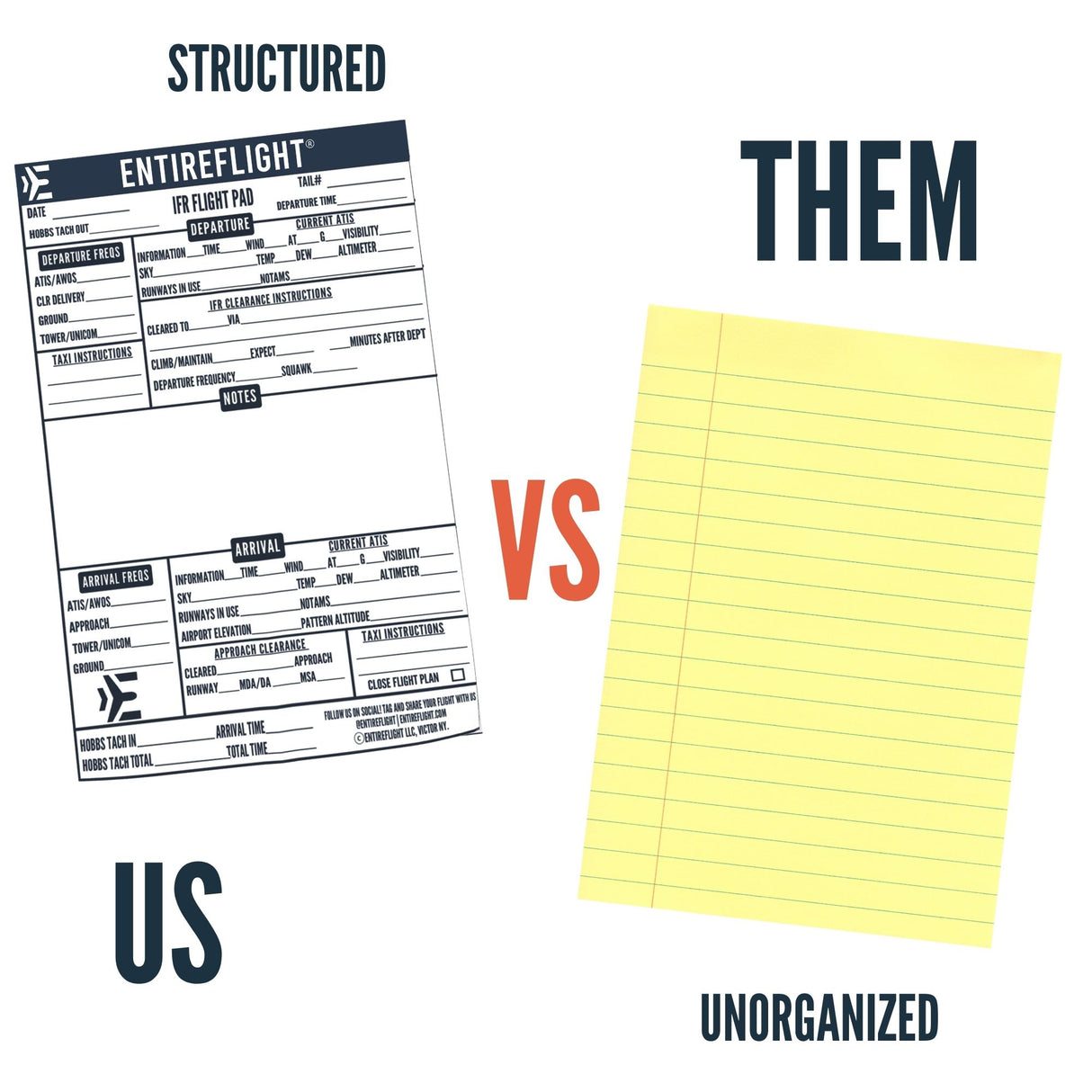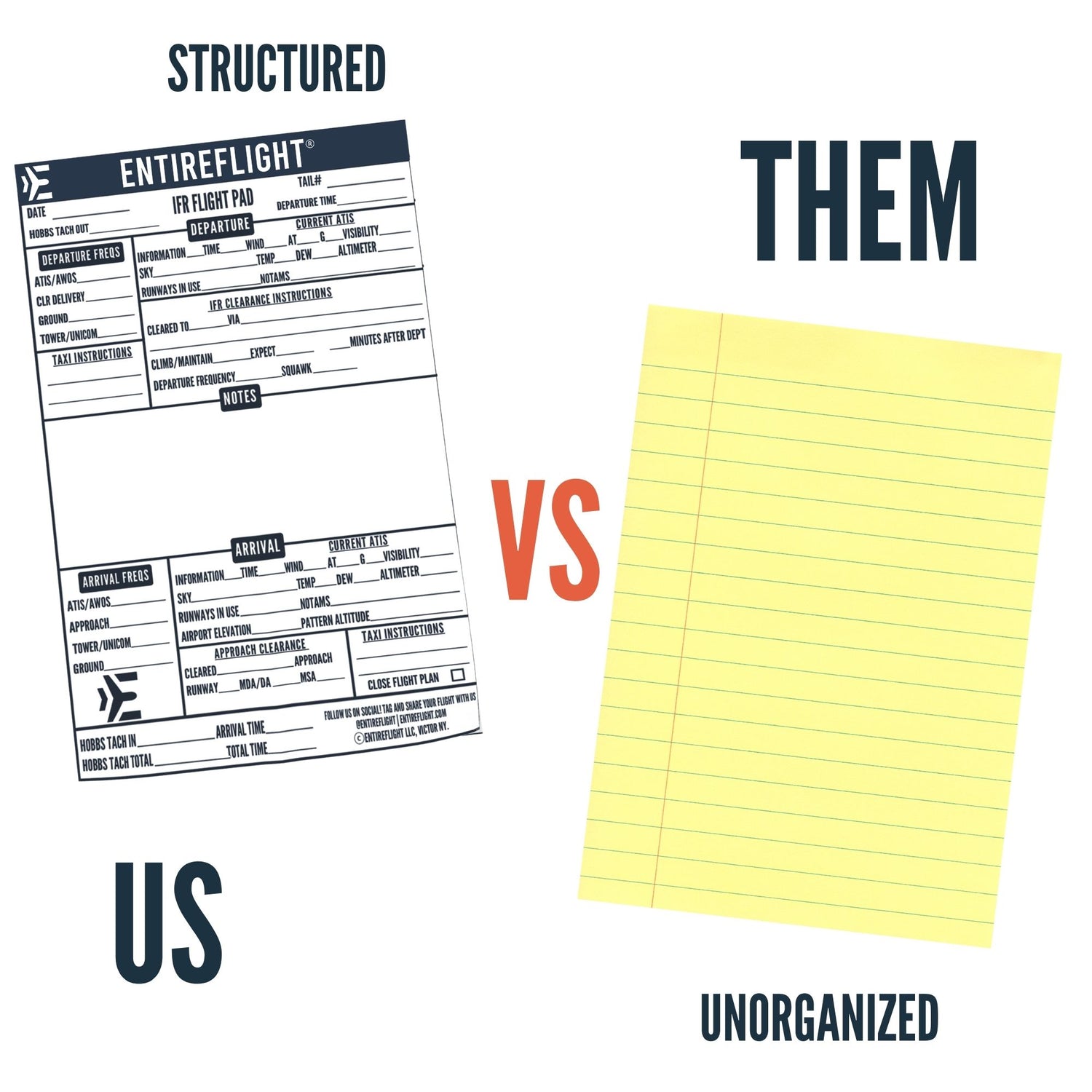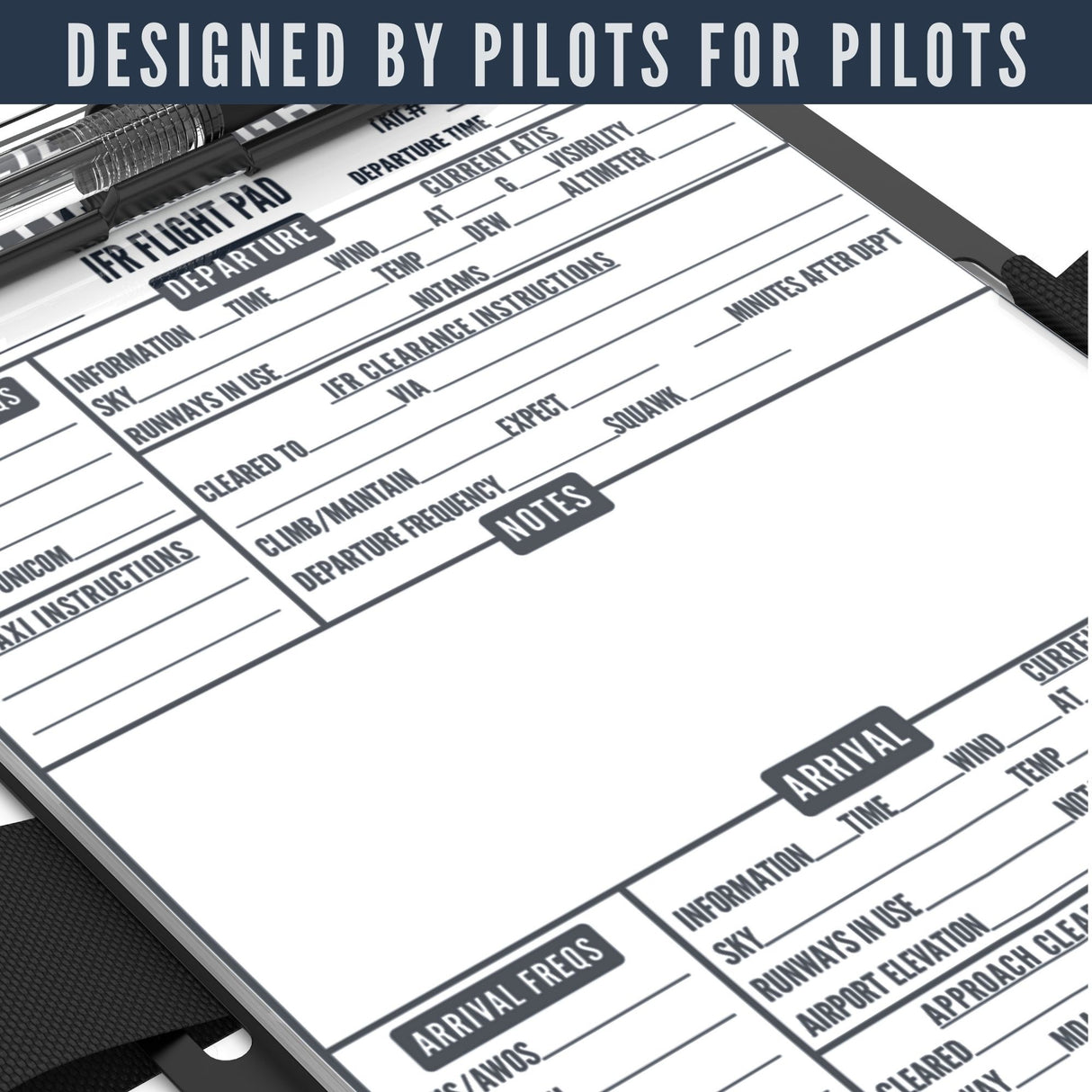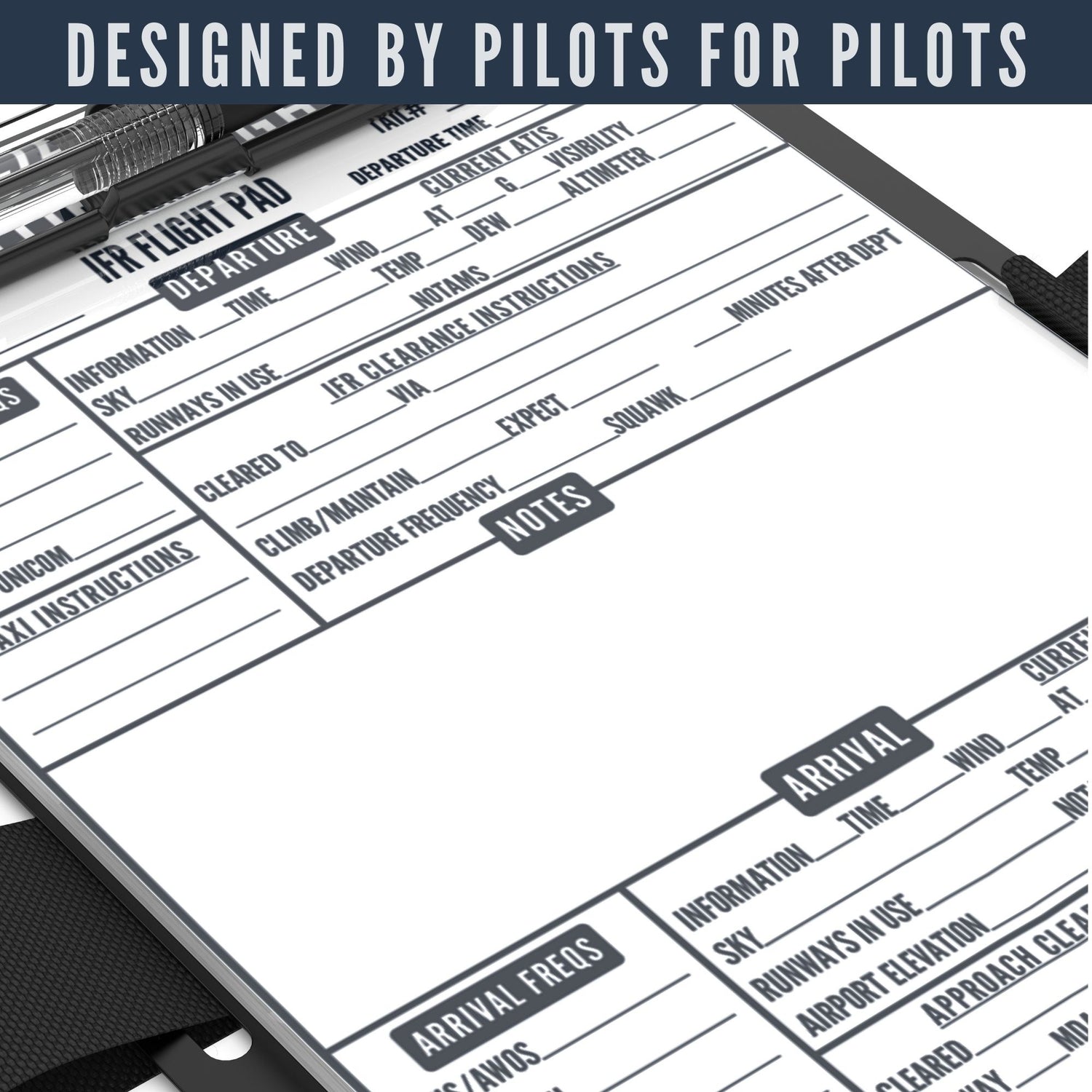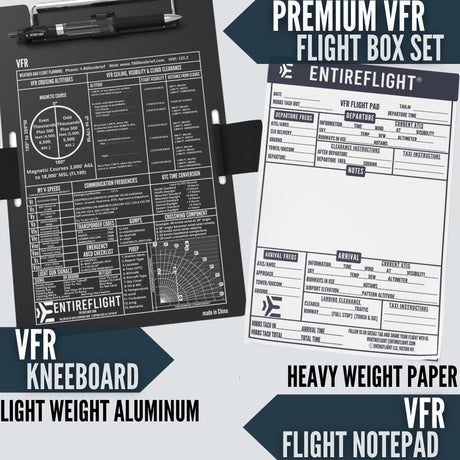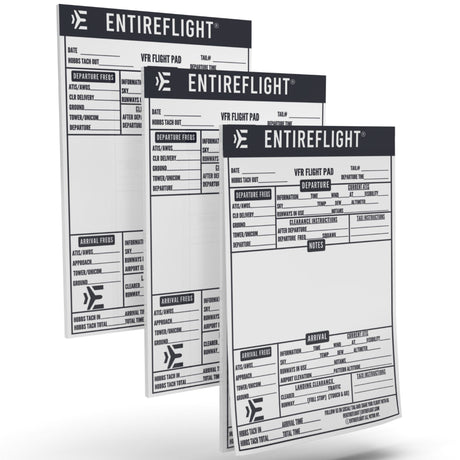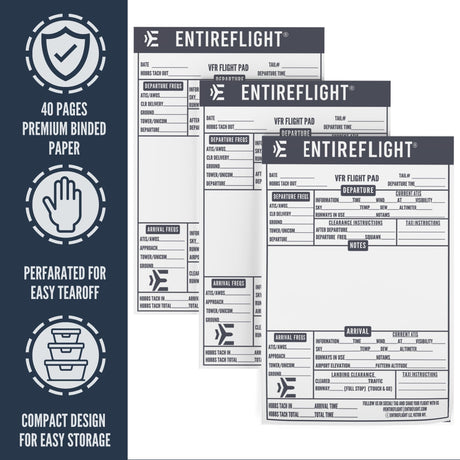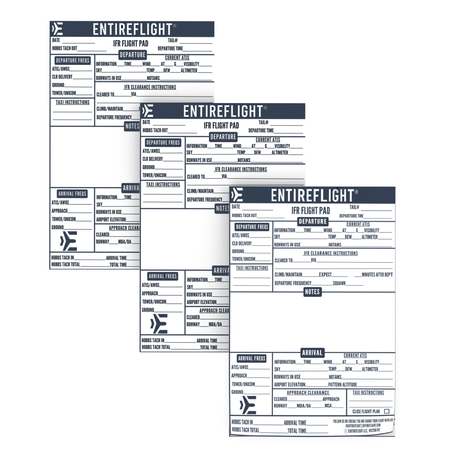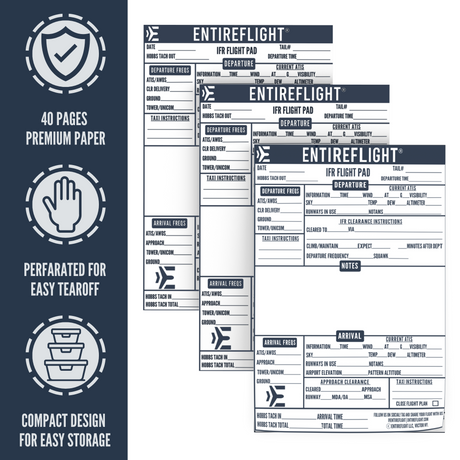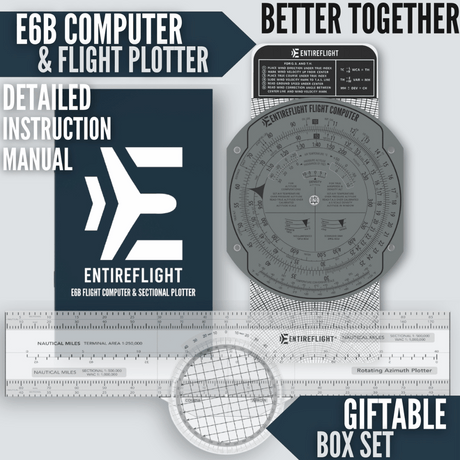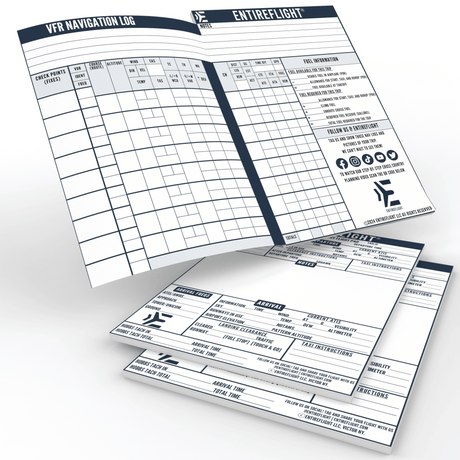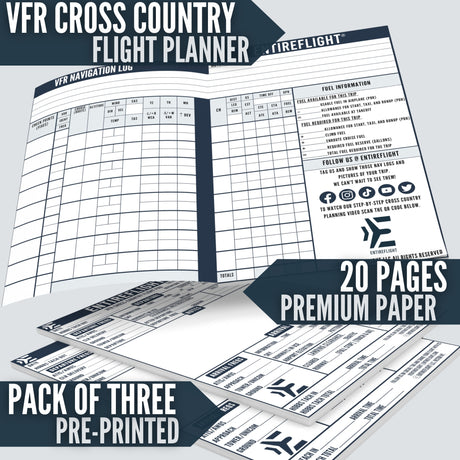Are you captivated by the idea of taking to the skies as a Navy pilot? It's a prestigious role that offers the opportunity to serve your country while embarking on some of life's greatest adventures.
This blog post will guide you through every step of the process, from meeting eligibility criteria to attending flight school. Get ready, because your journey towards becoming a Navy pilot is about to take off!
Key Takeaways
- Navy pilots are responsible for operating aircraft in the United States Navy, carrying out important missions such as reconnaissance, combat operations, and transportation.
- To become a Navy pilot, you must meet eligibility criteria including being a U.S. citizen with at least a four-year college degree and passing the Aviation Selection Test Battery (ASTB).
- Complete either a four-year college degree or flight training to establish the necessary foundation for your career in naval aviation.
- Earn a commission by joining the U.S. Navy as an officer through programs like NROTC or attending the United States Naval Academy.
- Take the ASTB to demonstrate your cognitive abilities and aptitude for aviation-related tasks.
- Attend the AIC to gain essential knowledge and skills that are vital for your future career as a Navy pilot.
- Attend flight school to acquire comprehensive training on navigation, aerodynamics, weather patterns, and emergency procedures specific to naval aviation.
- Choose a specialization within naval aviation such as helicopter pilot or airplane pilot based on personal interests and career goals. Additional training may be required for each specialization.
What is a Navy Pilot?
A Navy pilot is a highly trained and skilled individual who operates aircraft in the United States Navy. They are responsible for carrying out important missions, such as reconnaissance, combat operations, and transporting personnel or supplies.
With a strong job outlook and competitive salary, a career as a Navy pilot can be rewarding both professionally and personally.
Job duties and responsibilities
Navy pilots have the crucial task of operating military aircraft for various missions. These can include surveillance, combat, or humanitarian aid operations. In addition to flying these sophisticated machines, they are responsible for inspecting their aircraft before and after each flight to ensure its safety.
Regular maintenance checks are another key duty as maintaining the health of their aircraft directly impacts mission success. Furthermore, navy pilots often lead a crew and coordination with this team is of utmost importance for smooth flight operation.
They also need to complete detailed reports post-mission about any issues encountered during the flight or potential improvements.
Job outlook and salary
As a Navy pilot, you can expect a favorable job outlook and competitive salary. The demand for qualified military pilots remains high, with opportunities available in various aircraft types and specializations.
With the right qualifications and training, you can pursue a fulfilling career as a Naval aviator. In terms of salary, Navy pilots receive competitive pay based on their rank and years of service, along with additional benefits such as housing allowances and healthcare coverage.
Rest assured that your hard work and dedication will be rewarded both professionally and financially in this exciting field of naval aviation.
Steps to Becoming a Navy Pilot
To become a Navy pilot, you need to meet eligibility criteria, complete college or flight training, earn commissioning, take the Aviation Selection Test Battery (ASTB), attend the Air Indoctrination Course (AIC), attend flight school, and choose a specialization.
Meet eligibility criteria
To become a Navy pilot, you must meet certain eligibility criteria. This includes being a United States citizen and having at least a four-year college degree. You also need to pass the Aviation Selection Test Battery (ASTB) and obtain an FAA pilot medical certificate.
Additionally, you'll need to meet specific physical fitness standards and have good eyesight without corrective lenses. By meeting these criteria, you'll be one step closer to pursuing your dream career in naval aviation.
Complete college or flight training
To become a Navy pilot, you will need to complete either a four-year college degree or flight training. This education is crucial as it provides the foundation for your career in naval aviation.
If you choose the college route, make sure to select a school with an aviation program or one that offers courses relevant to flying. Alternatively, you can pursue flight training through an aviation academy or flight school.
Regardless of which path you choose, ensure that you meet all the necessary requirements and obtain the required certificates and licenses before moving forward in your pursuit of becoming a Navy pilot.
Earn commissioning
To become a Navy pilot, you must earn a commission. This means that you need to join the U.S. Navy as an officer before you can begin your pilot training. There are several paths to earning a commission, but one common way is through the Naval Reserve Officers Training Corps (NROTC) program or by attending the United States Naval Academy.
These programs provide you with the necessary education and training to become a naval officer while also preparing you for flight school. By earning your commission, you'll be on your way to pursuing a career in naval aviation and fulfilling your dream of becoming a Navy pilot.
Some relevant keywords: earn commissioning, Navy pilot, career pursuit, flight training
Take the Aviation Selection Test Battery (ASTB)
To pursue a career in naval aviation, one of the key steps is to take the Aviation Selection Test Battery (ASTB). This test will evaluate your cognitive and academic abilities, as well as your aptitude for aviation-related tasks.
It consists of various sections such as math, mechanical comprehension, reading comprehension, and spatial awareness. By taking the ASTB and scoring well, you can demonstrate your potential to become a Navy pilot.
So make sure you prepare thoroughly for this important test to improve your chances of success in pursuing your dream career in naval aviation.
Attend the Air Indoctrination Course (AIC)
To become a Navy pilot, one of the important steps is to attend the Air Indoctrination Course (AIC). During this course, you will learn essential knowledge and skills that are vital for your aviation career.
The AIC focuses on teaching you about military aviation principles, flight operations, navigation techniques, and aircraft systems. You will also undergo physical fitness training to ensure that you are physically prepared for the demands of being a Navy pilot.
This course provides a solid foundation as you continue your journey towards becoming a successful Navy pilot.
Attend flight school
To become a Navy pilot, attending flight school is a crucial step in your journey. This is where you will gain the skills and knowledge needed to fly aircraft effectively and safely.
During flight school, you will receive comprehensive training on various aspects of aviation, including navigation, aerodynamics, weather patterns, and emergency procedures. You will also learn how to operate different types of aircraft specific to the Navy's fleet.
By immersing yourself in this hands-on learning environment, you'll develop the necessary expertise to excel as a Navy pilot.
Choose a specialization
Once you have completed flight school, it is time to choose a specialization within naval aviation. This decision will determine the type of aircraft you will fly and the specific role you will have in the Navy.
You may choose to become a helicopter pilot, specializing in operating and navigating helicopters for various missions. On the other hand, if you prefer fixed-wing aircraft, you can become an airplane pilot.
This specialization opens up opportunities for careers such as commercial pilots or even airline pilots in the future. Whichever path you choose, remember that each specialization requires additional training and certifications, so be prepared to continue studying and passing FAA tests to fulfill your goals as a specialized Navy pilot.
Before choosing your specialization, make sure to research each one extensively and consider your personal interests and career goals. It's important to select a specialization that aligns with your strengths and passion for flying.
Tips for Becoming a Successful Navy Pilot
Develop strong physical and mental fitness, maintain good academic standing, and develop leadership skills. Ready to learn more? Keep reading!
Develop strong physical and mental fitness
To become a successful Navy pilot, it is crucial to develop strong physical and mental fitness. This career requires individuals to endure physically demanding training and rigorous flight schedules.
Regular exercise and maintaining a healthy lifestyle will help you prepare for the physical challenges ahead. Additionally, practicing stress management techniques such as meditation or deep breathing can help you stay calm during high-pressure situations in the air.
By prioritizing your physical and mental well-being, you'll be better equipped to handle the demands of being a Navy pilot.
Maintain good academic standing
To become a successful Navy pilot, it is crucial to maintain good academic standing. This means staying focused on your studies and achieving high grades throughout your education.
By excelling academically, you demonstrate the discipline and dedication required for a career in naval aviation. It also boosts your chances of being accepted into flight school and obtaining the necessary qualifications to become a Navy pilot.
So, make sure to prioritize your academics and strive for excellence in all your coursework.
Develop leadership skills
To become a successful Navy pilot, it's crucial to develop strong leadership skills. As a Navy pilot, you will be responsible for leading your crew and making critical decisions under pressure.
Leadership skills are essential in order to effectively communicate with your team, delegate tasks, and maintain a cohesive and efficient operation. Developing leadership skills can be done through various means such as participating in leadership training programs, joining organizations that promote leadership development, and actively seeking opportunities to lead within your community or school.
By honing these skills early on in your career pursuit as a Navy pilot, you will set yourself up for success in the dynamic and demanding field of naval aviation.
In addition to the technical aspects of being a Navy pilot, developing leadership skills will help you excel in all areas of your military career. Whether it's leading a team during flight missions or taking charge during emergency situations, effective leadership is vital.
Conclusion and Additional Resources
To summarize, becoming a Navy pilot requires meeting eligibility criteria, completing college or flight training, earning a commissioning, taking the Aviation Selection Test Battery (ASTB), attending the Air Indoctrination Course (AIC), and finally attending flight school and choosing a specialization.
To increase your chances of success, focus on developing strong physical and mental fitness, maintaining good academic standing, and honing your leadership skills. So, are you ready to finally fulfill your dreams of becoming a Navy pilot? We wish you the best of luck in your promising career!
FAQs
1 - What qualifications are needed to become a Navy pilot?
To pursue a career in Naval aviation, you need a four-year degree, an FAA medical certificate and must select the right flight school for specialized aviation training.
2 - Does one need a college degree to become a fighter pilot in the navy?
Yes, having a college degree is vital for pilots as it equips them with knowledge essential for their naval aviation career.
3 - Is being fit important for becoming a Navy Pilot?
Yes! Staying physically fit is key due to strict medical requirements which include obtaining an FAA medical certificate before commencing any form of navy aviation or fighter pilot training.
